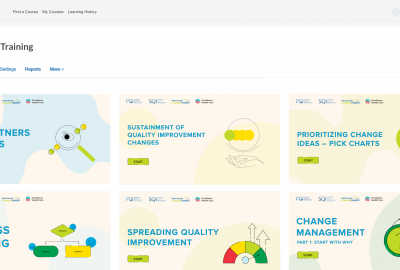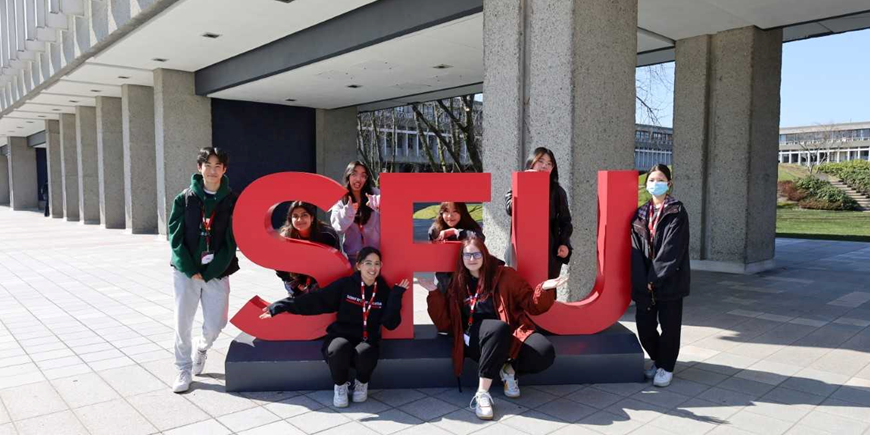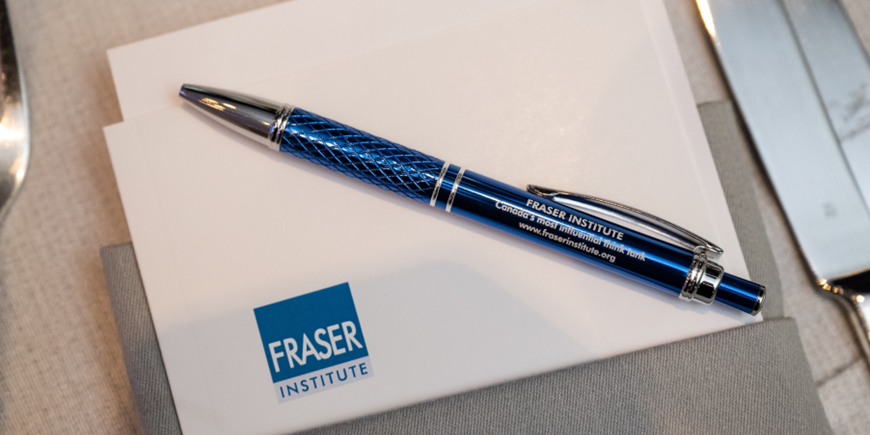
I can write a solid resume, interview well, and make sure that my online presence is on point. The one thing that’s always been a struggle? The dreaded cover letter.
Cover letters can be absolute torture and you can feel like there are a million ways to screw them up. Is it too formal or informal? Too long or short? Too much information or too vague?
In this blog, I highlight some of my top tips to selling yourself and securing that interview.
Simply put, a cover letter is a one-page letter that allows you to express interest in a posted position or an organization in general and show that you are a perfect match. Depending on the employer, a cover letter may also serve as the key to persuading the reader, to take a closer look at your resume. Cover letters are an integral piece of your job search strategy. It is your chance to highlight your key accomplishments and your fit for the position as well as showcase and expand on your resume. Importantly, they introduce key themes you will emphasize in interviews.
As the cover letter is an integral part of a job application, there’s no one size-fits-all cover letter template that fits for all the positions you apply for. It is important to read the elements of the job closely and write about your unique stills that match the characteristics of the job. Using key words from the job description are important as most employers often look for key words that match their preferred skill and experience to filter out candidates. It is important to follow up a fact with an explanation and highlighting the right experiences to showcase that skill.
In addition to highlighting your talents, you can also further personalize your cover letter by demonstrating your familiarity to the specific industry, company, or position.
A cover letter should include a header and greeting to the hiring manager, then an opening paragraph with a brief introduction about yourself. This is your chance to grab the reader’s attention with 2-3 of your top achievements.
In the middle paragraph, explain why you are the perfect candidate for the job by highlighting your professional skills and how they transfer to the job you are applying for. Draw attention to specific examples of previous projects that make you the best match for the company.
In the final paragraph, it is important to wrap up any points you couldn’t in the previous paragraphs and thank the hiring manager for their time.
Finally, triple-check your own work, and then have someone else or two look over your resume to ensure it is 100% clean. There is no room for sloppiness on your cover letter, especially if you had put “attention to detail” in your resume. Use good English and watch out for typos as hiring managers often equate typos and errors with laziness and will often automatically dismiss your application if they spot a typo or grammatical error.
Also, double-check and triple-check the employer and Hiring Manager’s name. The easiest way to guarantee NOT to be invited to an interview is to address your cover letter to the wrong person.
Remember to tailor your cover letter to each job advert rather than sending a generic cover letter for each role. When you take the time to tailor your cover letter (and CV) for each position, you could sell yourself, skills and experience to the Hiring Manager, and your application will stand out against the other applicants.
And finally – be confident when writing your cover letter to show how you are the perfect applicant for the job. The fact that you are reviewing this blog now shows that you are a conscientious and diligent individual. Your next employer will be lucky to have you.



























